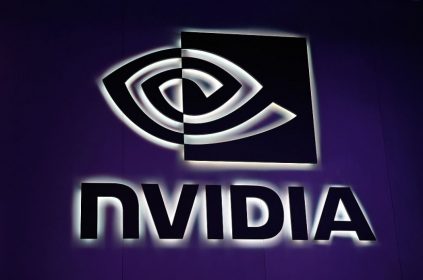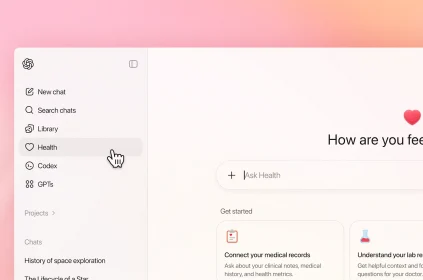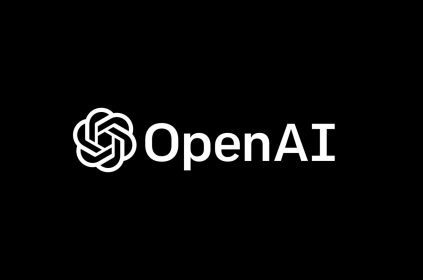
In a significant move that underscores the escalating competition in the artificial intelligence (AI) sector, OpenAI has announced a tender offer allowing employees to sell approximately $1.5 billion worth of shares to SoftBank. This investment not only enhances SoftBank’s stake in the AI startup but also provides current and former employees with a much-needed opportunity to cash out their shares. Let’s delve into the implications of this deal, what it means for OpenAI’s future, and how it reflects broader trends in the tech industry.
The Tender Offer Explained
OpenAI’s tender offer comes as part of a strategic initiative to allow employees who have held restricted stock units (RSUs) for at least two years to liquidate their shares at a price of $210 each. This valuation aligns with OpenAI’s recent funding round, which valued the company at an impressive $157 billion following a substantial $6.6 billion capital raise led by Thrive Capital and other investors, including SoftBank itself.
Who Can Participate?
Eligible participants include both current and former employees who received RSUs at least two years ago. They have until December 24 to decide whether to participate in this lucrative opportunity. This shift marks a departure from OpenAI’s previous restrictive policies regarding secondary share sales, which had raised concerns among employees about liquidity and access to their investments.
SoftBank’s Growing Ambitions
SoftBank’s involvement is driven by its founder and CEO, Masayoshi Son, who has shown persistent interest in increasing his company’s stake in OpenAI. After investing $500 million in OpenAI’s last funding round, Son is now positioning SoftBank to become a major player in the burgeoning AI landscape. He has indicated plans to allocate “tens of billions of dollars” towards AI ventures, highlighting his commitment to securing a foothold in this transformative technology sector.
The Bigger Picture: AI as a Strategic Investment
This investment from SoftBank reflects a broader trend within the tech industry where major players are racing to capitalize on AI advancements. With enterprise spending on generative AI reportedly surging by 500% this year alone, the market is projected to exceed $1 trillion in revenue within the next decade. As companies like Google, Microsoft, and emerging startups like Anthropic intensify their focus on AI technologies, securing strong partnerships and investments becomes crucial for survival and growth.
Implications for OpenAI’s Future
While this tender offer provides immediate financial benefits for employees, it also positions OpenAI favorably amidst rising competition. The company has been expanding its offerings, including launching new features within its ChatGPT product that aim to compete directly with established search engines like Google and Microsoft Bing.
Navigating Financial Challenges
Despite its impressive valuation and funding rounds, OpenAI faces significant financial challenges. Reports indicate that the company anticipates losses of around $5 billion against projected revenues of $3.7 billion for the year. This discrepancy underscores the capital-intensive nature of AI development and the importance of continuous investment to sustain growth.
The Role of Tender Offers in Tech
Tender offers like this one have become increasingly vital for tech companies navigating a stagnant IPO market. They provide liquidity options for employees while helping companies maintain morale among their workforce. In an environment where public listings are less frequent, such mechanisms are essential for retaining talent and ensuring employee satisfaction.
A Shift Towards Employee-Centric Policies
OpenAI’s recent policy changes signal a commitment to employee welfare by allowing broader participation in stock sales. This move not only alleviates concerns about liquidity but also fosters a sense of ownership among employees, aligning their interests with those of the company as it navigates an increasingly competitive landscape.
What Lies Ahead?
As OpenAI prepares for its next chapter with SoftBank’s backing, several questions arise regarding its long-term strategy:
- Will OpenAI transition into a profit-driven entity? While there are discussions about restructuring towards profitability, current reports suggest that this tender offer is separate from any such plans.
- How will increased competition impact OpenAI’s market position? With rivals ramping up their investments in AI technologies, maintaining innovation will be critical for OpenAI’s sustained success.
- What further investments can we expect from SoftBank? Given Son’s aggressive stance on AI investments, additional funding rounds or strategic acquisitions may be on the horizon.
A New Era for OpenAI
The $1.5 billion investment from SoftBank marks a pivotal moment for OpenAI as it navigates an evolving landscape filled with both challenges and opportunities. By enabling employees to cash out their shares, OpenAI not only enhances its attractiveness as an employer but also solidifies its position as a key player in the AI revolution.As we look ahead, it will be fascinating to see how this partnership unfolds and what it means for the future of artificial intelligence as a whole. With substantial financial backing and an innovative spirit, OpenAI is poised to make significant strides in an industry that is rapidly redefining our world.


















 and then
and then